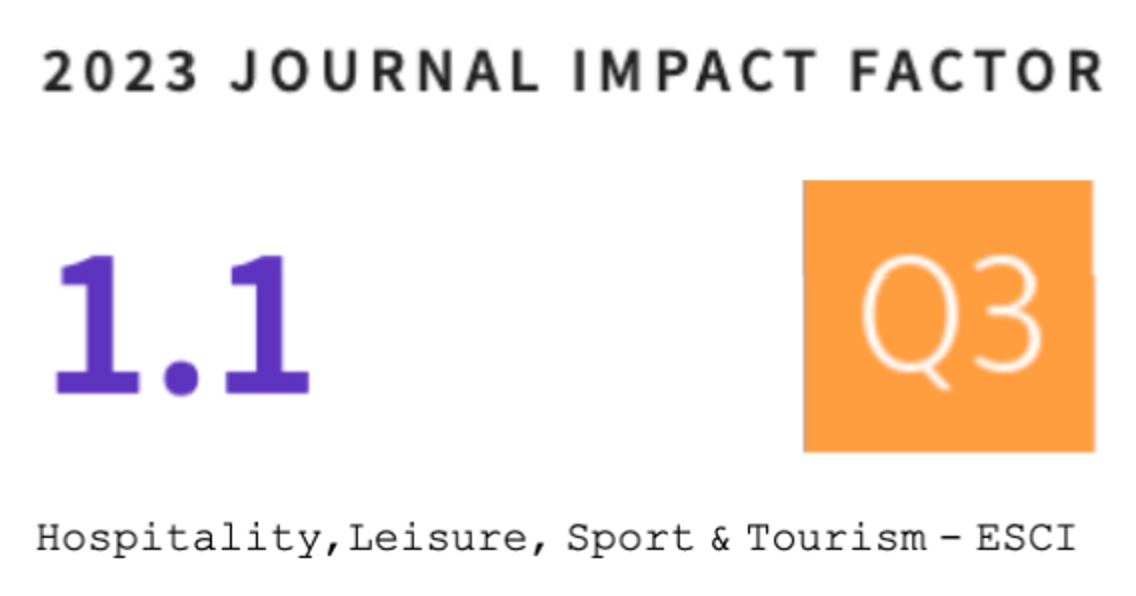Los juegos corporales en la educación física del siglo XIX como preludio al deporte moderno en España. (Corporal games in 19th century physical education as a prelude to modern sports in Spain).
DOI:
https://doi.org/10.12800/ccd.v14i41.1276Abstract
La configuración de la educación física escolar en España se desarrolló durante el siglo XIX coincidiendo con la constitución y expansión de los sistemas gimnásticos de educación física europeos. En esta coyuntura, los contenidos de la educación física estuvieron sujetos a las influencias europeas, realidad que se aprecia en las fuentes documentales de la época. El objetivo de este estudio se centra en destacar la influencia que ejerció la educación física en el proceso de aceptación social del deporte en España. Una metodología fundamentada en la heurística documental en torno a la educación física y el análisis positivista de los textos seleccionados ha permitido construir un discurso descriptivo y hermenéutico de los inicios de la deportivización en la educación física. Se aprecia en este cometido la influencia de una bibliografía especializada que enfatizó una creciente presencia de los juegos corporales como contenido de la educación física. Esta influencia se desarrolló al compás de un contexto internacional de proyección del sport anglosajón, que vino a rebajar los beneficios de las prácticas gimnásticas. En este contexto circunstancial, se sostiene que la educación física contribuyó al proceso de deportivización, un aspecto que consecuentemente afectó a los juegos tradicionales y nacionales, que perdieron una parte de su popularidad.
===
School physical education in Spain was developed in the 19th century, coinciding with the establishment and expansion of the European gymnastic systems of physical education. In that scenario, physical-education content was subject to European influences, as evidenced by documentary sources from the period. The main aim of this study is to highlight the influence exerted by physical education on the process of social acceptance of sport in Spain. A methodology based on documentary heuristics in physical education and a positivistic analysis of the texts selected has allowed a descriptive, hermeneutic discourse to be constructed regarding the beginnings of sportification in physical education. The latter process is shown to have been influenced by a specialised bibliography that emphasised a growing presence of corporal games as content in physical education. This influence stemmed from the international projection of the English-speaking world’s conception of sport at that time, which tended to minimise the benefits of gymnastic practices. It is suggested that physical education contributed to that process of sportification, thus impacting traditional national games, which fell in popularity.
Downloads
Published
How to Cite
Issue
Section
License
The authors who publish in this journal agree with the following terms:
- The authors retain the copyright and guarantee the journal the right to be the first publication of the work as well as licensed under a Creative Commons Attribution License that allows others to share the work with recognition of the authorship of the work and the initial publication in this journal.














